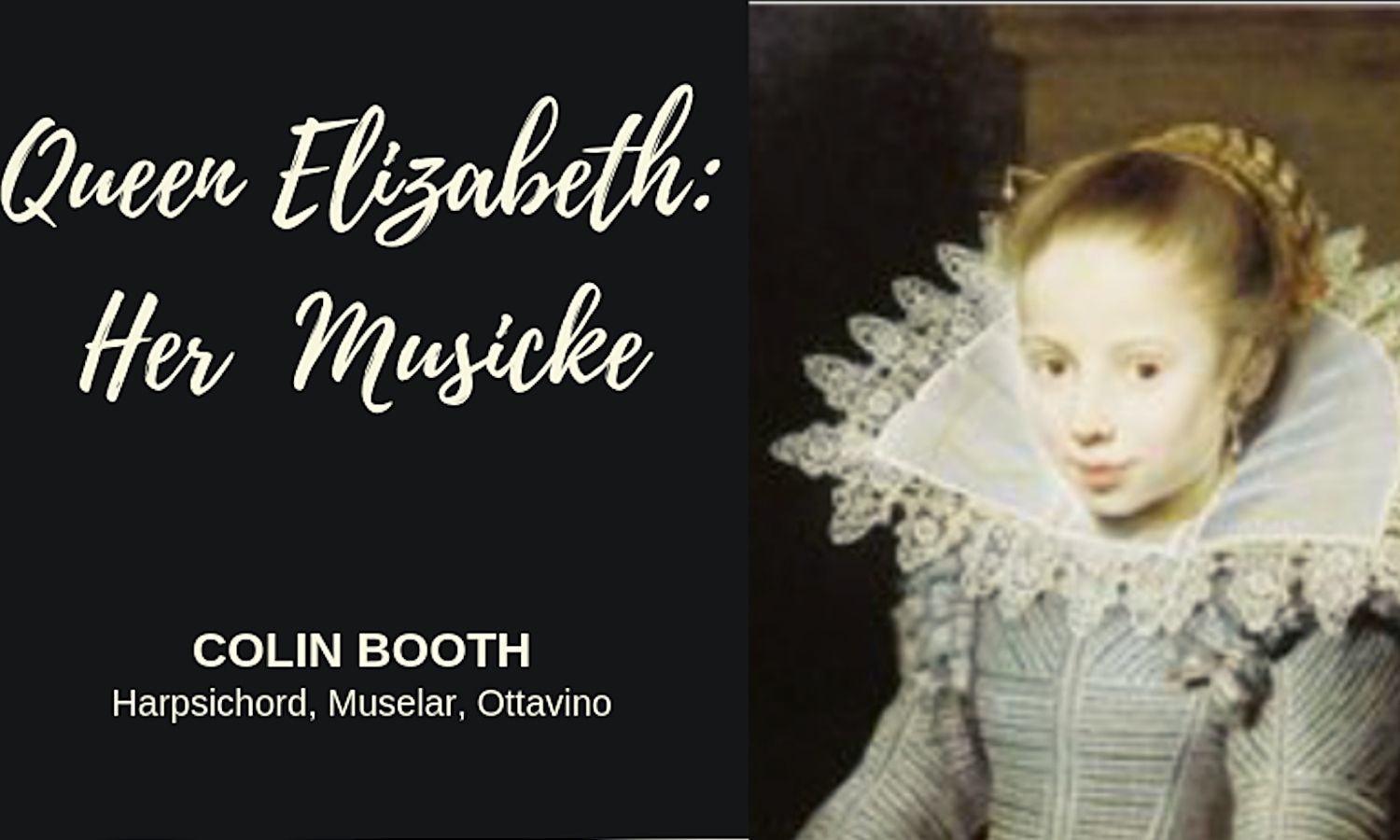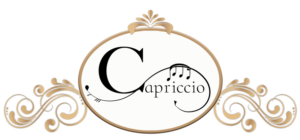COLIN BOOTH – ‘QUEEN ELIZABETH: HER MUSICKE’

Venue:
Schedule
THIS CONCERT IS SOLD OUT.
Colin Booth, acclaimed English early keyboardist, keyboard builder/restorer and author, makes his Washington DC debut performing works by William Byrd and Peter Philips.
Colin Booth, acclaimed English early keyboardist and keyboard builder/restorer, makes his Washington DC debut performing works by two titans of English Early music: William Byrd, a composer of extraordinary ability central in developing an English national style; & Peter Philips, a gifted and prolific composer little-heard in the U.S. Colin will perform on Harpsichord, Muselar and Ottavino. Enjoy this Early English repertory with a master of the genre! Pre-concert complimentary fine wines and canapés offered from 6:15pm. The Concert commences at 7:30pm
QUEEN ELIZABETH: HER MUSICKE
COLIN BOOTH, Harpsichord, Muselar & Ottavino
Keyboard music by two masters of the first Elizabethan age
William Byrd (1543 – 1623) & his pupil Peter Philips (1560 – 1630)
(Note: Minor changes may be made to this program)
PART ONE
William Byrd
Lord Willoby’s Welcome Home
The Queen’s Alman
Miserere in 4 Parts
Peter Philips
Margot Laborez
Amarylli
Pavan Doloroso
William Byrd
Third Pavan and Galliard (My Lady Nevill’s Booke)
The Carmen’s Whistle
A Grounde
My Lady Nevel’s Grownde
PART TWO
Peter Philips
Pavana (The first one Philips wrote)
Fantasia
William Byrd
Pavana
Galiarda
Prelude and Fantasia
Peter Philips
Galliard Passamezzo
A Note about the Music
In the religious and social turmoil which surrounded English people 400 years ago, it is quite surprising that any good music was produced at all. In fact, after the troubled accession of Elizabeth I, there was a remarkable flowering of talent in all the arts, and a number of great geniuses in the field of music were able to work and prosper.
But this is to simplify the picture. Elizabeth encouraged tolerance in religious matters, but life was far from easy for those who refused to accept the Church of England and its weekly ritual. In these services the Queen was explicitly acknowledged as head of the Church, and it was unsurprising that some traditional believers fought shy of openly following this practice. Others who were more overt in their behaviour found the situation so intolerable that they preferred to forsake their country of birth altogether.
This was the path taken by Peter Philips in 1597. He went into exile in the Spanish-ruled Netherlands, and never returned to England. However, he became a great musical success on the Continent, and while his persona remained non grata in his homeland, his compositions were played and welcomed there.
William Byrd, another catholic, managed to tread the tightrope of compromise. He had taught Philips before he left England, and his music was so esteemed in royal circles that he remained in favour – just – merely suffering occasional fines for non-attendance at church.
These two masters of their age show huge differences in style, some of which are in evidence in music composed by Philips before his exile. These became much greater, though, once Philips moved to a very different cultural environment. Just to give one example: Philips adopted a more “European” style, and set tunes by Italian masters like Orlando di Lassus (Margot Laborez) and Caccini (Amarylli), while Byrd tended to write variations to popular English tunes, often traditional ones (The Carmen’s Whistle).
Colin Booth has combined the careers of harpsichordist and harpsichord-maker for 40 years. As maker, he has more than 300 customers to his credit, including a large number of Early Music professionals.
As a player, Colin has performed as soloist and continuo harpsichordist in a number of countries, from Denmark to South Africa. He taught and played annually for 25 years at the Dartington International Summer School, and has recorded 12 CDs of solo harpsichord music.
Colin’s extensive recordings have received great acclaim. They include many important recordings of early English composers. Indeed, his most recent recording is of music by the great Elizabethan master William Byrd, The Melodious Birde – Keyboard Music by William Byrde played on three different and appropriate instruments from his workshop. Other recordings of early English composers include Peter Philips – The English Exile; Purcell – The English Orpheus; and William Croft Keyboard Music. Colin is currently preparing a 4-CD complete recording of Bach’s Well Tempered Clavier which follows on from his earlier Bach recording of The Goldberg Variations. Colin has also authored an important book for players of Baroque keyboard music – Did Bach Really Mean That? – Deceptive Notation in Baroque Keyboard Music.
BBC Music: About Peter Philips – The English Exile: “For delight in sheer harpsichord sound, this disc is hard to beat.”
Lyndsay Kemp, Gramophone: About Grounds for Pleasure: “The success of Booth’s performance …stems from tempi which take time to enjoy not just the harpsichord’s tone but the richness and lyricism that is there in the music.”
Richard Turbet, world authority on William Byrd. About The Melodious Birde: “…the disc’s ‘selling point’ rests upon the quality of Booth’s musicianship. I would suggest that his version of the often-recorded Pavan and Galliard pairing dedicated to ‘Ph. Tr.’, a particularly intense work even by Byrd’s standards, is the finest on disc.”
